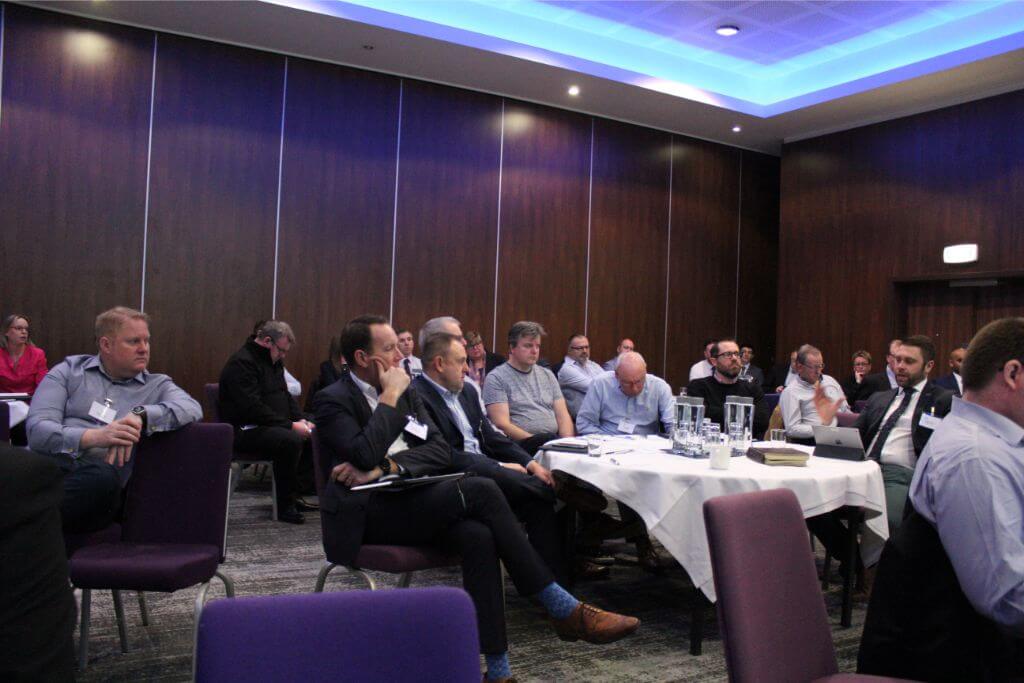
James Day reports from the 2020 Coachmarque Conference, where speakers discussed the way forward for the industry
The solidly-attended Coachmarque Conference for 2020 provided much food for thought for the industry, as well as the Confederation of Passenger Transport (CPT). Operators provided an abundance of valuable feedback in open discussions, and the event had the feeling of an industry keen to take decisive action. What follows are some of the highlights from the event.
[…]
By subscribing you will benefit from:
- Operator & Supplier Profiles
- Face-to-Face Interviews
- Latest News
- Test Drives and Reviews
- Legal Updates
- Route Focus
- Industry Insider Opinions
- Passenger Perspective
- Vehicle Launches
- and much more!


